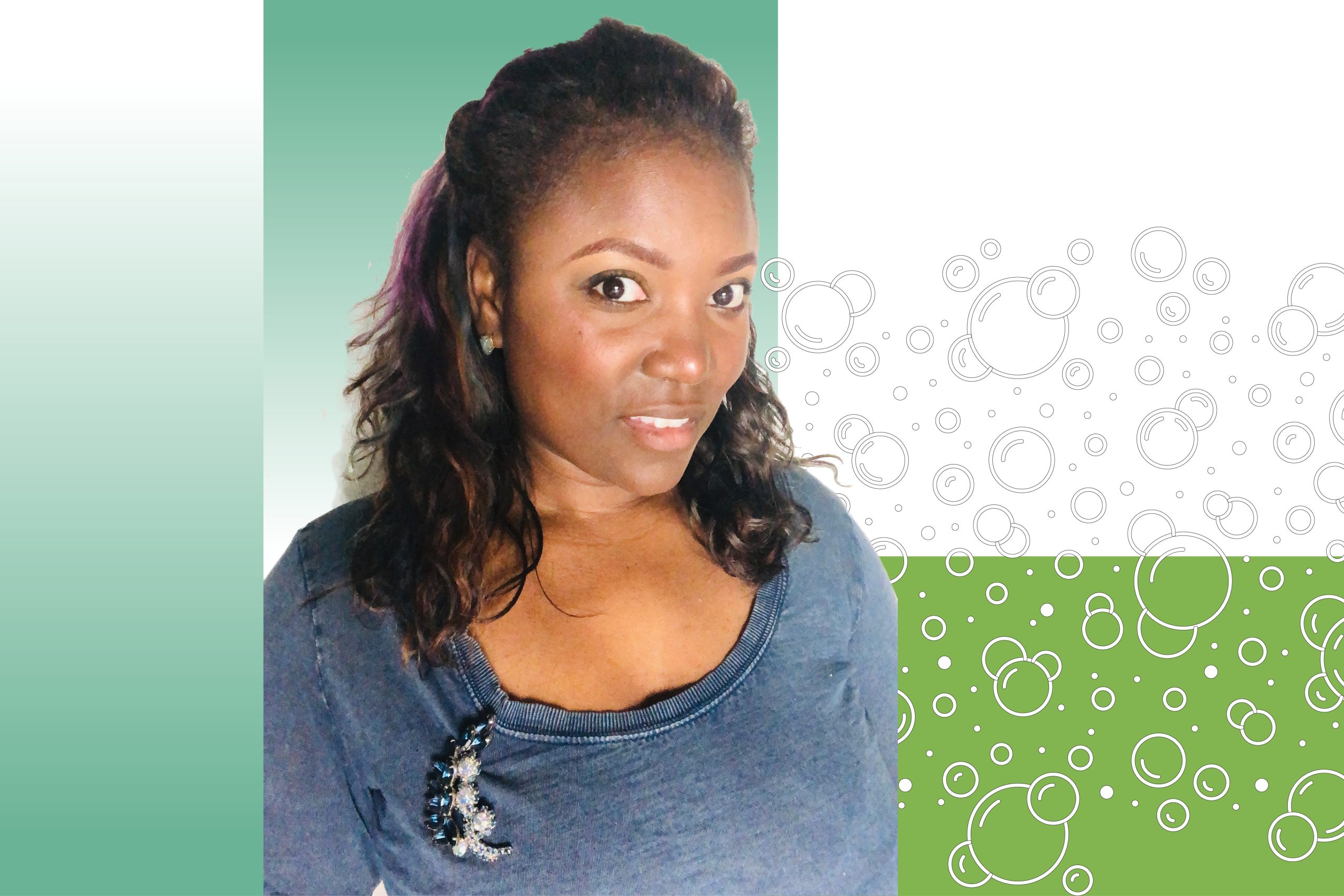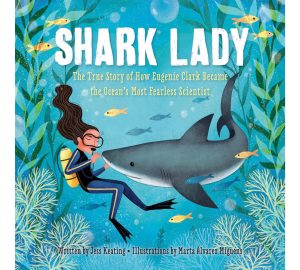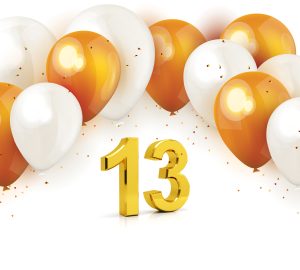When times get stressful, we all have our ways to cope. For Coco Kennell, the solution was soapmaking. After witnessing the civil unrest in Ferguson firsthand, the mother of three was inspired to use her hobby to spark conversations across communities. Her company Soaplife360 is about more than just cleansing the body. She uses self care to inspire a greater appreciation of diversity.
Have you always been interested in skin care and cosmetics?
Yes, my background is in cosmetology. When I was studying at cosmetology school, they covered everything—hair, nails, skin. I fell in love with the skin care part of it, mostly because it was so new. I really wanted to be an esthetician, but at that time, I wasn’t sure I would be able to sustain myself by just offering those services. After I started working in a salon, I had access to all of these great skin care products, and I kind of went overboard with them. I developed acne, and my dermatologist suggested I try something simpler. This was around 1998, and natural products weren’t as popular as they are now, so I started making my own.
What drew you to soapmaking?
My middle son has eczema. He just couldn’t find relief, even with the creams the doctor prescribed him. I’ve always liked handmade soap, and I would buy it whenever I traveled. I noticed when my son used the soap, his eczema was better. That made me curious about different kinds of soaps, but it didn’t really dawn on me that I could make it myself until a trip to Puerto Rico in 2012. While there, I saw a big block of soap before it was cut into bars and asked about it. I learned about the soapmaking process and knew I wanted to try it myself.
How did soapmaking become more than a hobby?
The civil unrest in Ferguson in 2014 was a very tumultuous time. Whenever I had a break in my schedule at the salon, I would go over there to take part in a rally or some form of peaceful protest. As a mother of three boys, it was very scary, and the only thing that took me out of it was soapmaking. It was how I slept at night. I saw all of the different people coming together in Ferguson, and so many of them didn’t look like the people being victimized. White, Asian, Hispanic and queer people were standing alongside the African American community. I was inspired to make a diverse community of soaps. The LGBQT+ community inspired Tomboy, and I made a soap with indigo root called Sagging Jeans to represent the young men who were written off as thugs.
When did you realize you could make your soap a business?
Eventually, I had more soap than my family could use, so I went to the Tower Grove Farmers Market to sell it. A lot of great conversations about what was happening in Ferguson happened because people were curious about the names of the soaps. They shone a light on cultural stereotypes. This wasn’t my original plan, but it became the mission of Soaplife360. Being in this industry, I’ve learned that people who take care of themselves are more likely to take care of others. Soapmaking and self care have a way of building healing. That can be of the self, but also the community.
What are your plans for Soaplife360 moving forward?
As Soaplife360 has grown, we’ve been able to start offering same and next day delivery for local orders. I’d like to amplify that service. In the long run, I’d like to see the company continuing to be a force for the community. It would be great to be able to expand across the country and work with more people. For us, skin care is a tool for conversation. That’s what I saw at Tower Grove Park, and I would love to see that continue as Soaplife360 grows.








